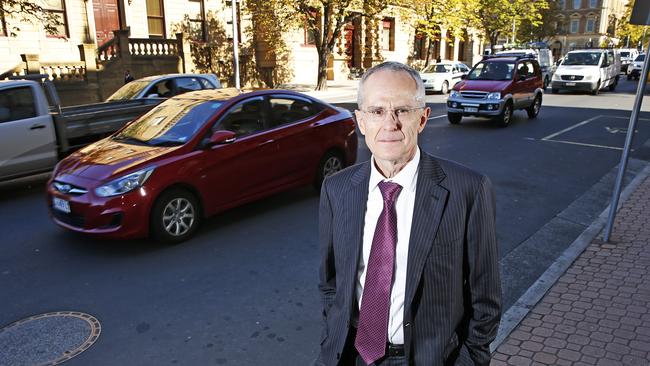
“I cannot fail to mention the debate Australia needs to have about how concentrated we want our economy to be and therefore how we approach assessments of the competition effects of mergers,” he said.
Sims added “despite the ACCC’s lack of success in blocking mergers in the Federal Court and the Australian Competition Tribunal, we maintain the importance of taking action to preserve competitive market structures. Without a strong merger regime, there is a risk of higher market concentration as dominant firms acquire competitors to enhance their market power.
“Ultimately, this could lead to price increases and harm to innovation, productivity and inequality,” he said
Sims said this financial year the ACCC “will pay particular attention to the potential for opportunistic purchases of distressed or failing firms caused by the worsening economic climate to ensure that acquisitions of assets or businesses do not substantially lessen competition.”
“Competition must and will survive the current COVID-19 pandemic crisis, as it is fundamental for the recovery phase of the crisis. An open, well-functioning economy is essential to the prosperity of all Australians, and such an economy depends completely for its success on robust competition,” Sims said
The ACCC chief was paid $828,044 last year according to the annual report.
The report noted the ACCC failed to meet its targeted number of 40 in-depth competition assessments, completing just 28.
Partly because of its overall success, the regulator has become a go-to source of political brownie points for federal politicians, who have referred industry investigations to the ACCC to respond to consumer consumers.
But the increase in so-called national interest investigations has meant lower levels of actual competition enforcement action.
The ACCC noted it received 288 merger applications during the year, of which 257 were passed without an inquiry, 31 were subject to public review. Only one was opposed, that being the mooted Woolworths-Jewell City Kitchens food services deal.
An internal survey showed the ACCC has continued strong brand performance and noted free to air television at 47 per cent (down from 61 per cent) was the most popular source of news, with Facebook second and newspapers falling from 25 to 16 per cent.
It noted last year the ACCC received 312,773 formal consumer complaints from which 316 assessments were made, 78 investigations and 12 legal actions.’
The most reported sectors were cars, consumer electronics, tourism and online personal services.
In competition cases 42 per cent were abuse of market power and 38 per cent exclusive dealing.




ACCC chief Rod Sims has used his annual report to urge a national debate on the concentration of industry in Australia, seeking increased powers.